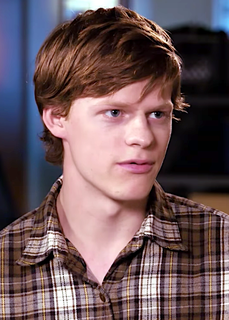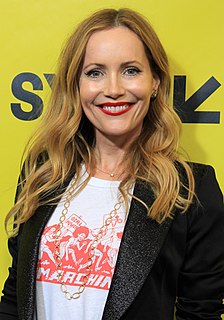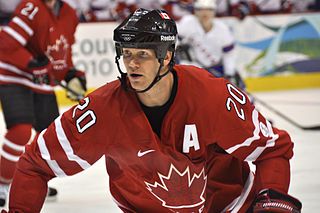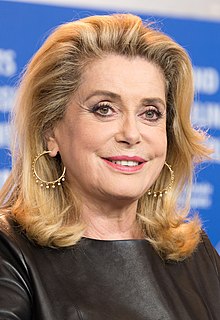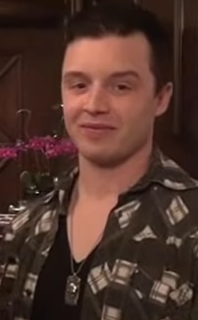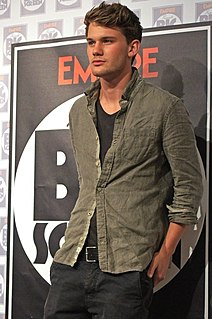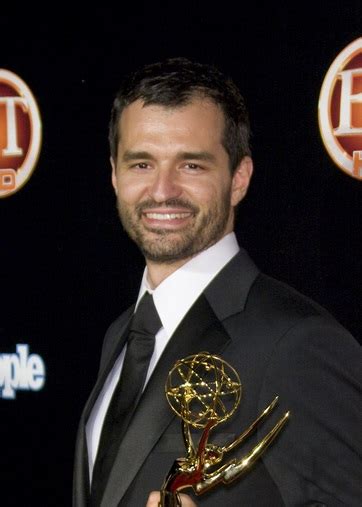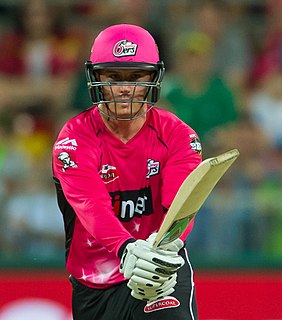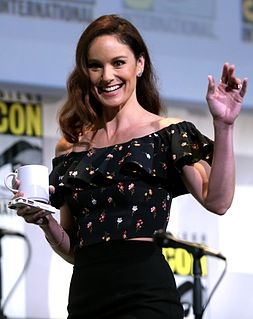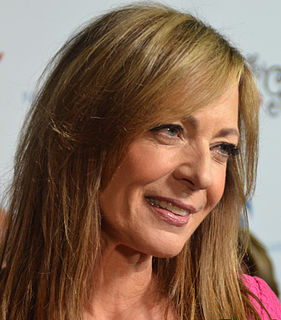A Quote by Lucas Hedges
The great thing about scenes that involve nervous breakdowns - in the little experience I have doing them - is that there's no way to craft it. You just have to do it, and it sort of crafts itself in just being incredibly messy.
Related Quotes
The very dull truth is that writing love scenes is the same as writing other scenes - your job is to be fully engaged in the character's experience. What does this mean to them? How are they changed by it, or not? I remember being a little nervous, as I am when writing any high-stakes, intense scene (death, sex, grief, joy).
I love to do very long and complicated scenes. I like to have this impression that we are all working together, where you can see all the technicians and everybody is really doing the same thing at the same time. With close-ups, of course you have the crew there, but most of them are just around and it doesn't involve that many people.
The Railway Man was a particularly intense and immersive experience. I definitely got carried away. I lost about 35 pounds. I really was incredibly skinny and also quite unwell while we were filming. It wasn't very healthy. I don't recommend it. But then also doing the torture scenes, the water boarding stuff, there wasn't really any other way just to do it really.
I don't feel competitive with other filmmakers. I think we're all working to the same goal. When I see great craft, I don't care who's doing it, what network it's on, where they came from. I just love it and celebrate it, and I just worry about the work I'm doing and what's right for the projects I'm doing.
What's so great thing about clothes is that they're artificial - you can lie, you can choose the way you look, which is not true of natural beauty. So if you're naturally beautiful, wear what you want, but that's 01% of people. Most people just aren't good looking enough to wear what they have on. They should change. They should get some slacks and a nice overcoat. Remember when the style was incredibly messy hair? That's great if you're a model. But if you're not a model, you would look better if you washed your hair, because you are not beautiful.
There's a way of thinking that comes with being an editor that is incredibly useful on the set. It's not just a vocabulary thing or a right-to-left thing or script supervisor stuff. It's a way of thinking about the film and the shots and the way they fit together, what you need and what you don't need, and what you can get away with if you have to.
